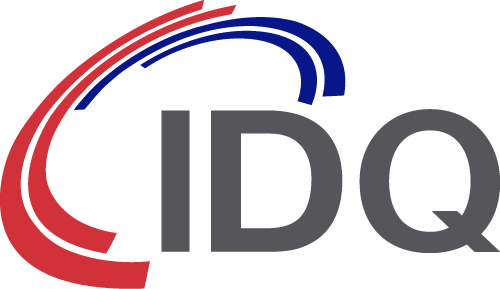US announces new Cyber-Security Strategy
Earlier this month, the United States published its first coherent Cyber Strategy in a generation. Aligned to the four pillars of the National Security Strategy, it outlines how the US should benefit from a secure cyberspace, including Quantum Safe Cryptography.
The new cyber strategy was developed in recognition of the vital role played by cyberspace in modern life, and the competitive nature of the data security landscape. It outlines a roadmap designed ensure the US is better placed to respond to emerging technologies, reduce vulnerabilities, deter adversaries and safeguard opportunities for growth.
A copy of the original White House release can be found here.
The strategy itself is roughly aligned to the principles of the National Security Strategy, which features four pillars: Protecting the “American Way of Life”, Promoting American Prosperity, Preserving Peace through Strength, and Advancing American Influence.
Whilst the strategy is broad in its scope, it places an emphasis on the role of cyber security in combating cybercrime, securing critical national infrastructure and securing federal networks and information. When it comes to securing federal networks, the strategy acknowledges the influence of quantum technologies on future cyber security:
“To protect against the potential threat of quantum computers being able to break modern public key cryptography, the Department of Commerce, through the National Institute of Standards and Technology (NIST), will continue to solicit, evaluate, and standardise quantum-resistant, public key cryptographic algorithms.”
In his article for Forbes, Arthur Herman, Senior Fellow at the Hudson Institute and Director of the Quantum Alliance Initiative, explains that waiting for NIST to establish new standards for quantum-resistant algorithms is not going to be good enough. A simple comparison of development timelines reveals that a viable quantum computer could be available as much as a decade earlier that NIST expects to have finalised its standards.
Herman points to the short-sightedness of some officials when it comes to recognising the immediacy of the quantum threat and likens it to the “moral equivalence of war”.
Herman suggests the private sector is best placed to fill the void and to take the lead in combatting the quantum computing threat “not just in quantum-resistant algorithms, but also in using quantum technology itself to safeguard data and networks, through state-of-the art hardware such as quantum random number generators and the use of quantum key distribution.”
The way forward
With another top government committing to develop quantum technologies, it is now time to get prepared for the impact such technologies will have – especially quantum computers. Commercial and governmental organisations must protect themselves against quantum computing’s threat of breaking most of today’s public key cryptography. IDQ is the world leader in quantum-safe cryptographic solutions. We provide quantum-safe network encryption, secure quantum key generation and quantum key distribution solutions and services to the financial industry, enterprises and government organisations globally. We have also commercialised quantum random number generators that are the reference in the security, simulation and gaming industries.



